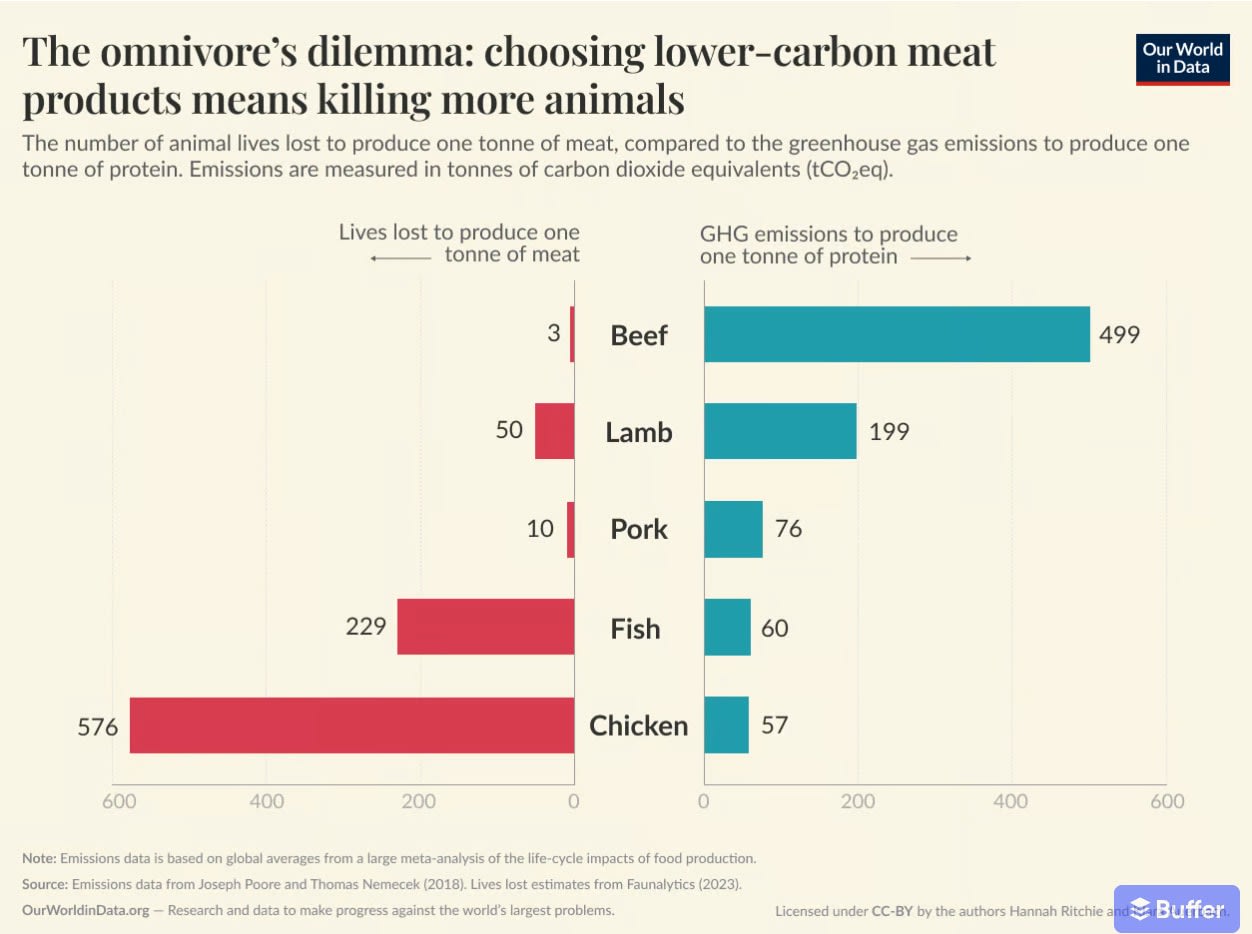A quick tip:
The recent freeze on USAID funding is a disaster that threatens the lives of countless individuals who rely on essential services like food and healthcare.
While USAID has faced many controversies and there's a pressing need for systemic change, ending its support in this abrupt manner results in tremendous unnecessary suffering, deaths and money wasted.
Even though there have been legal victories against Trump’s orders, it is unclear if the Trump administration will comply with those rulings and even if, it is unclear how much of the urgently needed money will flow again. (see https://www.devex.com/news/devex-newswire-judge-insists-trump-lift-the-aid-freeze-after-failing-to-do-so-109457)
Donate now to effective local organizations that were previously funded by USAID. By doing so, we can help mitigate the worst immediate consequences of the aid freeze. An initiative has emerged to facilitate this: The Rapid Response Fund: https://www.founderspledge.com/funds/rapid-response-fund.
The fund is run by the EA organization Founders Pledge. They offer you the opportunity to donate to impactful organizations that need financing due to the aid freeze (see their site for their selection criteria and process).
Donations to these organizations can have an extraordinary impact due to this special situation, so please donate now! Also, share and spread the word so that we can collectively alleviate the worst immediate consequences of the aid freeze and achieve structural changes.
Another option to help in this situation is to donate to the Foreign Aid Bridge Fund https://www.foreignaidbridgefund.org/ run by Unlock Aid (https://www.unlockaid.org/), a coalition of social enterprises, universities, multinationals, and philanthropies.
What do you think about the funds and other possible interventions to mitigate immediate effects? Do you see any?
Further Reading:
@Sanjay@Dorothy M. @Yelnats T.J. @Arturo Macias @Mihkel Viires 🔹 @Frank_R@Guy Raveh @Ian Turner @Xing Shi Cai @Matrice Jacobine @SiebeRozendal @Flo @TomDrake@River@ScienceMon🔸



Why on earth are people downvoting this post?
Figuring out how to respond to the USAID freeze (and then doing it) is probably the most important question in global health and development right now. That there has been virtually no discussion on the forum so far has frankly been quite shocking to me.
Have a fat upvote, wishing you the best of luck
I have neither upvoted nor downvoted this post.
I suspect that the downvoting is because the post assumes this is a good donation target rather than making the argument for it (even a paragraph or two would likely make a difference). Some folks may feel that it's bad for the community for posts like this to be at +100, even if they agree with the concrete message, as it undermines the norm of EA forum posts containing high-quality reasoning, as opposed to other appeals.